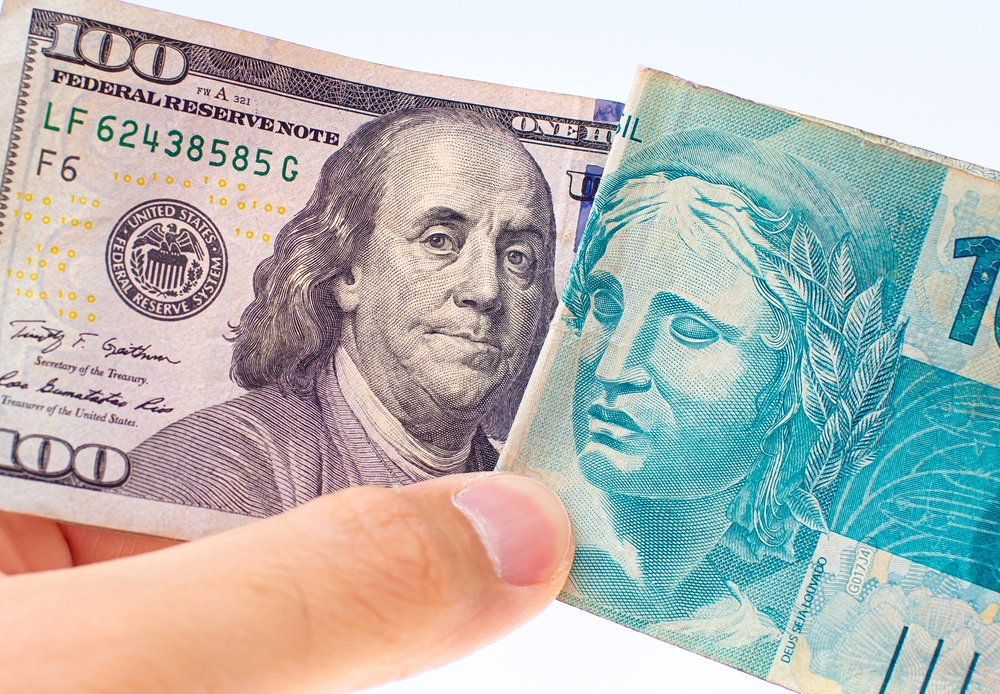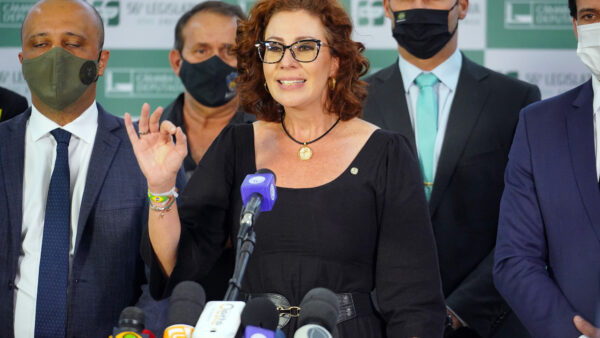On December 3, the deadline for submissions expires for the third phase of regulation of Brazil’s new forex framework. The Central Bank’s board must vote on the first two parts of the rules on December 31, when the new law takes effect; the third part should be approved at the beginning of next year.
Banks, brokerage firms, and payment institutions expected the monetary authority to postpone the regulation in the absence of definitions from other bodies, such as the Federal Revenue Office. However, the Central Bank has given signs it will not delay.
The new law gives the Central Bank powers to regulate the forex sector, which the industry welcomes, given the authority’s pro-innovation attitude.
Its main goal is to simplify procedures and make room for innovation, besides bringing Brazil’s legislation closer to OECD standards (i.e., the organization’s so-called Capital Liberalization Code). With that in mind, Brazil’s government issued two decrees this year, committing to bringing the IOF tax on financial transactions down to zero by 2029.
Causing the biggest impact in terms of business are changes for foreign investors in Brazil. For example, the registration of a foreign exchange transaction for accounting and tax purposes will no longer have to take place at the same time the investment is concluded.
Moreover, credit operations will need only be registered if they surpass USD 100,000. And foreign companies that have subsidiaries in Brazil or those that license trademarks and patents will be able to dispatch royalties abroad beyond what is deductible for income tax purposes.
This greater permissiveness regarding remittances doesn’t mean fewer taxes, as the new law does not address any tax changes. Stakeholders are pressuring the Federal Revenue Office to take a stance on the matter and hope the incoming government will pay special attention to the sector.
Brazil’s forex market is likely to be the next playground for fintechs. Since a September ordinance, payment institutions can request Central Bank authorization to operate in the foreign exchange market.
Today, just under 200 institutions are authorized to operate foreign exchange in Brazil — but over 1,000 payment institutions could enter the sector, giving new momentum to the country’s fintech revolution.


 Search
Search






































